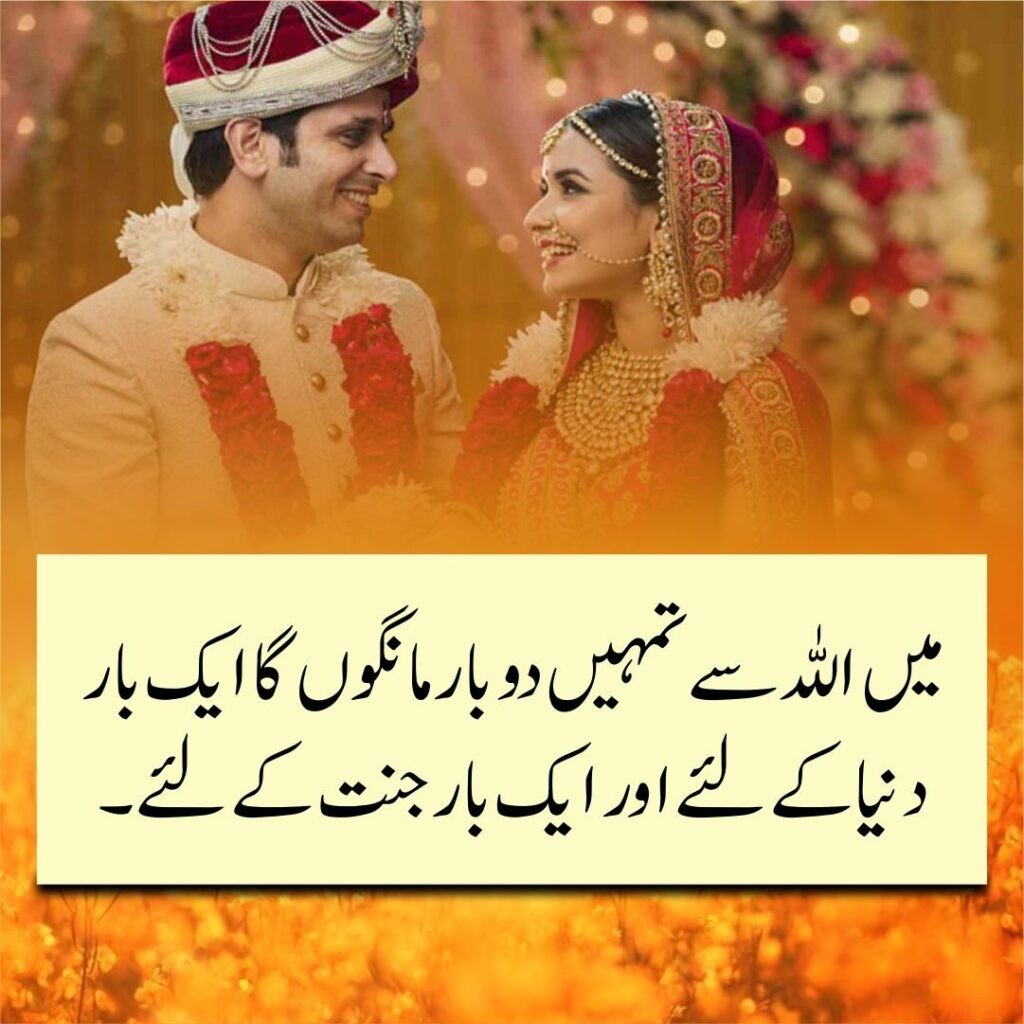- M-51, Muneer Mobile Mall, Block 17, Near Perfume Chowk & Jauhar Chowrangi, Gulistan-e-Jauhar
Blog BY WQAS IQBAL
Navigating the Path to Legal Unions, Court Marriage in Pakistan
The Essence of Court Marriage in Pakistan
Court marriage is viewed by many in Pakistan’s diverse society as the ideal way to celebrate their union without the difficulties associated with traditional ceremonies. Court marriage in Pakistan is not merely a legal process; it’s a gateway to a future built on love, trust, and mutual respect.
The Legal Framework Surrounding Court Marriage in Pakistan
Understanding the legal intricacies of court marriage in Pakistan is essential for any couple embarking on this transformative journey. The process involves obtaining the requisite legal documents, such as national identity cards, affidavits of free will, and proof of age, all of which play a pivotal role in ensuring the authenticity and legality of the union.

Court marriages are common in Pakistan
Court marriages in Pakistan have emerged as a transformative choice for couples seeking a streamlined and legally binding way to solemnize their union. In a society where cultural norms and traditions often shape matrimonial decisions, opting for a court marriage provides a fresh perspective on love, commitment, and equality.
Legal Framework of Court Marriages
The legal framework surrounding court marriages in Pakistan is rooted in ensuring the authenticity and legality of the union. Couples embarking on this journey must gather essential documents such as national identity cards, affidavits of free will, and proof of age. This meticulous process underscores the importance of adhering to legal requirements in order to validate court marriages.
Here is a step-by-step guide to getting started
Navigating the process of court marriages demands a clear understanding of the procedural steps involved. Commencing with the submission of an application at the local district court, couples then endure a mandatory waiting period. This period allows for scrutiny of the union’s legitimacy and the opportunity for any objections. Once the waiting period concludes, the court marriage ceremony is solemnized under the authority of a judge.
Dispelling Misconceptions
Court marriages in Pakistan often contend with misconceptions and societal stigmas. These misconceptions might encourage couples to opt for this legally recognized union. Challenging such stereotypes is imperative, emphasizing that court marriages are a conscious choice that empowers teams to celebrate their love free from undue influence.
The Legal Benefits
Beyond the emotional connection, court marriages offer an array of legal benefits. From inheritance rights to access to spousal healthcare benefits, this choice fortifies the partners’ legal status. Additionally, court marriages ensure the right to make critical decisions on each other’s behalf, exemplifying the comprehensive advantages of this union.
Outlook for the future
The evolution of court marriages in Pakistan signifies a shift in societal attitudes towards unions. As more couples choose this path, the narrative surrounding relationships, commitment, and individual choice undergoes a positive transformation. Court marriages exemplify the diversity of options available, contributing to a more inclusive society.
With a court marriage, you can strengthen your bond.
As we journey through the dynamic landscape of relationships, consider the empowering choice of court marriages. Liberating your love from societal norms, this legal union cements your commitment while ensuring essential rights and benefits. Embrace the autonomy to define your union, fostering a future built on mutual respect, understanding, and shared aspirations.
Understanding Court Marriages in Pakistan
Court marriages in Pakistan have emerged as a legal and streamlined alternative to traditional union ceremonies. In a society where cultural norms often play a significant role in marital arrangements, court marriages give couples a unique opportunity to solemnize their relationship through a legally recognized process
The Legal Landscape of Court Marriages
The legal framework surrounding court marriages in Pakistan is pivotal in ensuring the authenticity and legality of the union. Couples opting for court marriages must adhere to specific procedures, which include obtaining necessary documents like national identity cards, affidavits of free will, and age verification. These documents serve as the foundation for a court-sanctioned union.
An Overview of the Court Marriage Process
Navigating the journey of court marriages involves a well-defined process. Couples begin by filing an application at the local district court, initiating a waiting period that allows for thorough verification and the opportunity to raise any objections. Once this period concludes, the court marriage ceremony takes place under the supervision of a judge, who ensures that all legal requirements are met.
Dispelling Myths Surrounding Court Marriages
Despite the legality and acceptance of court marriages, societal misconceptions often cloud perceptions. Addressing these myths is imperative, emphasizing that court marriages are not rejecting cultural values but rather a choice based on personal circumstances. By debunking these misconceptions, we pave the way for a more inclusive and understanding society.
Legal Safeguards and Benefits
One of the most compelling reasons to consider court marriages is their array of legal benefits. These benefits encompass rights to inheritance, access to spousal healthcare benefits, and the ability to decide on each other’s behalf. Court marriages empower couples with a legal foundation that extends beyond emotional bonds.

Embracing Progress: Court Marriages as a Choice
The evolution of court marriages showcases the changing dynamics of relationships in Pakistan. Couples are choosing this path to celebrate their love while upholding their individuality. It’s a step toward embracing modernity without severing ties with cultural roots, indicating that relationships are shaped by choice, respect, and mutual understanding.
Advocating for Choice and Equality
As we delve into court marriages, we must recognize the importance of advocating for choice and relationship equality. By promoting the right to choose one’s union path, we contribute to a society that values individual decisions and respects diverse relationships.
What You Need to Know About Court Marriages in Pakistan
Embarking on the path of court marriage can seem daunting, but a systematic approach can streamline the process. The first step involves applying to the local district court, followed by a mandatory waiting period. During this period, the court assesses the union’s legitimacy and allows any objections to be raised. Once the waiting period concludes, the court marriage ceremony is officiated by a judge who ensures the legality of the union.
Breaking Stereotypes: The Societal Perception of Court Marriage in Pakistan
Despite its legality and increasing prevalence, court marriage in Pakistan often faces societal misconceptions and taboos. It is crucial to understand that court marriage is a choice made by couples based on their circumstances and preferences. By breaking free from societal norms, couples pave the way for a more inclusive and accepting society.
Pakistan’s Court Marriages: Legal Benefits
Opting for court marriage in Pakistan solidifies the emotional bond between partners and comes with a range of legal benefits. These include the right to inheritance, access to spousal healthcare benefits, and the ability to make crucial decisions on each other’s behalf. Such legal protections underscore the significance of court marriage as a legitimate and valuable choice for couples.
In conclusion, court marriage in Pakistan represents a choice that empowers couples to embrace their union on their terms. By navigating the legal framework, dispelling societal stereotypes, and embracing its benefits, teams can embark on a journey toward a future characterized by love, respect, and equality. In a society where traditions and norms often shape choices, court marriage is a testament to Pakistan’s evolving landscape of unions.
Legal Services
- Divorce Law
- Child Custody
- Family Law
- Financial Law
- Civil Legalation
Syed mohsin Ali Shah
Phone : +92316-6644789
Let's Connect
- 0333-1127831
- [email protected]
- M-51, M-52, Muneer Mobile Mall, Near Perfume Chowk Jauhar Chowrangi, Block 17, Gulistan-e-Jauhar, Karachi, Pakistan.
- Suite No. 5, 2nd Floor, Laraib Centre, Mangla Road, Karachi Company, G-9 Markaz, Islamabad Pakistan
The Legal Process of Court Marriage
Court marriage is a legal way for couples to solemnize their union without any unnecessary social formalities. The court marriage procedure in Pakistan involves a few simple steps that make it an attractive option for many couples.
Identity Proof: First, the couple needs to obtain and fill out the application form available at the local registrar’s office.
Documents: They must provide necessary documents such as identity cards, photographs, and proof of age.
Additional Requirements: After submitting the application form along with all required documents, the couple will be given a date for their court marriage ceremony. On the assigned day, they appear before a judge in the family court along with two witnesses who can attest to their identities and consent for marriage. The judge then performs the nikah ceremony and issues a certificate declaring them legally married
